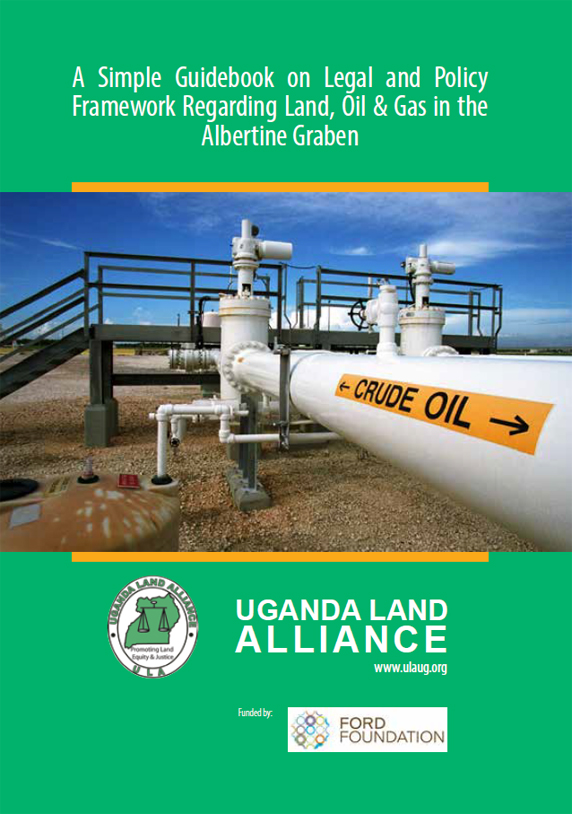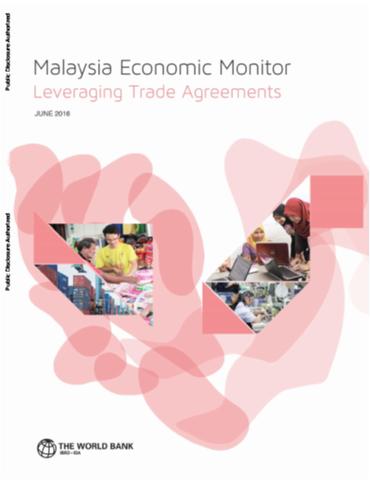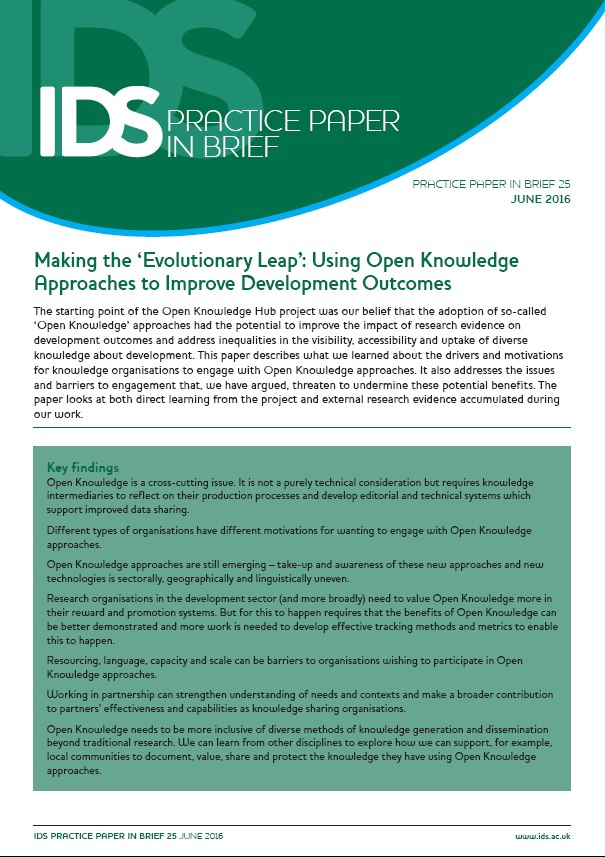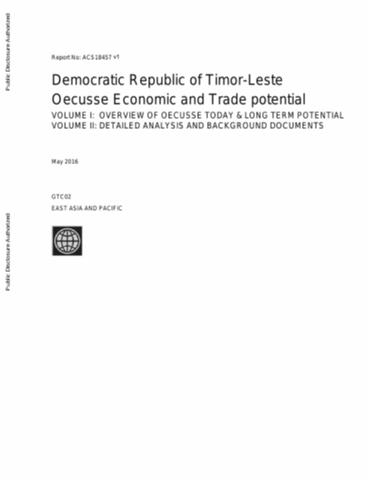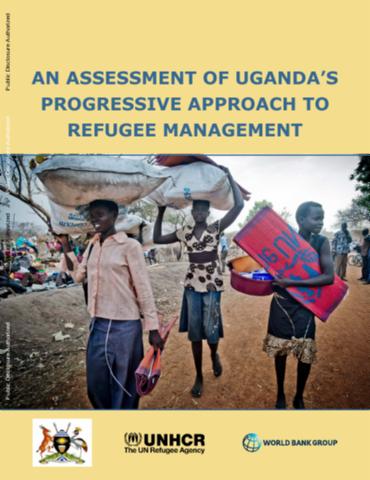A Simple Guidebook on Legal and Policy Framework Regarding Land, Oil & Gas in the Albertine Graben
Uganda discovered commercial quantities of oil in the country in 2006 and ever since, there has been increased activity in the exploration of oil and gas. The exploration activities are being undertaken in the Albertine Graben in mostly the districts of Hoima, Buliisa, and Nwoya by international oil companies contracted by the government. Currently, there are three licensed companies namely, Tullow Uganda operations Ltd , Total E&P and CNOOC Uganda Ltd operating in the districts of Hoima, Buliisa and Nwoya within the Albertine Graben.

